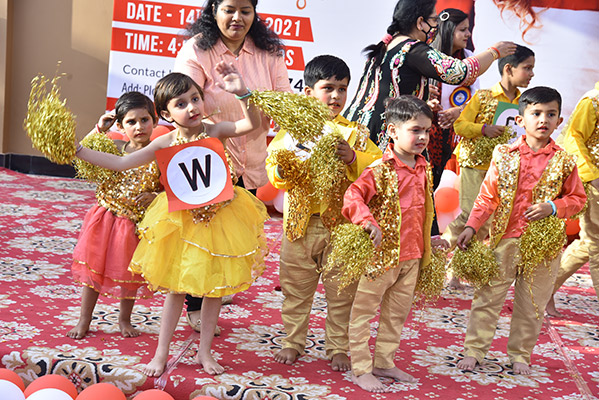Early child education is a extremely important step in a child’s learning carrier. The early years of child’s development solidify the brain is architecture – the foundation upon which all later learning behavior and health depend. Learning Yard prepare the child for its schooling cognitively, socially and emotionally.

Understanding Play
Any activity or experience can be considered play, or play-based when…
- It is naturally motivating – no external reward is required
- There is enjoyment and/or positive affect demonstrated
- There is opportunity to self-direct and make some choices
- There is opportunity to be creative and/or imaginative
- There is full engagement – both physically and mentally
- Repetition and practice are common
Although a toddler’s play will look and sound different from a kindergarten child’s play, a teenager’s play, or even an adult’s play, these characteristics will be the same.
Learning Yard teachers understand that young children learn best through play. In fact, young children are naturally effective learners if they are allowed to explore, discover, experiment, pretend and create in play-based environments. Teachers therefore plan and provide activities and experiences that nurture and develop these natural learning responses.
What does play or play-based learning look like in the classroom?
- You will see children being active, both physically and mentally.
- You will see children engaged in activities and experiences that are meaningful and
- interesting to them.
- You will see children using all their senses to explore and discover.
- You will see children engaged in hands-on activities.